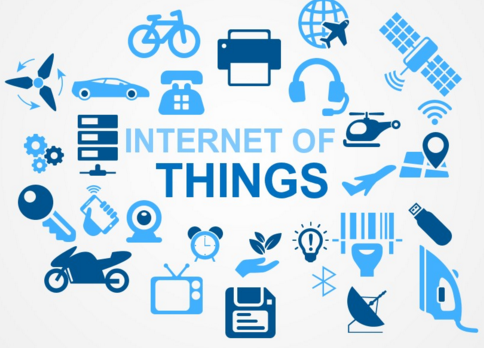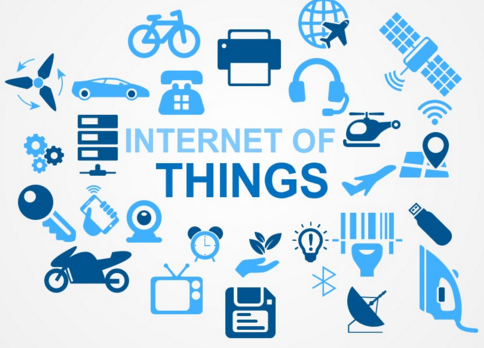
SHANGHAI, Dec. 8 (Xinhua) -- Chinese scientists have turned the final stage of a launch rocket, which is discarded in space after sending a satellite into orbit, into a smart application platform by fitting it with intelligent chips.
A program carried out by Shanghai-based Fudan University installed several intelligent chips on the final stage of the Long March 4C rocket, which sent the Fengyun-3D satellite into orbit in November.
Fudan University's Zheng Lirong, the chief scientist of the program, said discarded rocket sections during space launches constitute the largest percentage of space debris. By installing multiple chip systems on the rocket, the team has established the initial stage of a space-based Internet of Things.
He explained that the launch rocket will jettison a section when it runs out of propellant in order to decrease the mass, and the final stage of the rocket is delivered to the orbit along with the payload.
"With these intelligent chips attached, space debris can be transformed into a low-cost science experiment and communication platform," he said.
Zheng's team has taken two years to develop the functional modules and hardware to make the "nanosatellites," with each set of the functional modules weighing less than 30 grams.
The team has named the intelligent chip system "Xinyun," meaning the cloud of chips.
Internet of Things solutions are already widely employed in daily life, ranging from wearable smart gadgets, driverless vehicles to GPS-tracked grazing. [ Zheng said current applications experience common problems such as data congestion and slow transmission speeds, especially in remote and underserved regions. With the development of the space-based network, these areas could be better served.
"The system can connect space, air, ground and oceans at a low cost. It can also be seen as a useful trial in tackling the unresolved problem of dealing with space debris," said Jin Yaqiu, a member of the Chinese Academy of Sciences and supervisor of the program.
Zheng said they are still testing the system's functions and analyzing the track of orbiting debris.




 A single purchase
A single purchase







